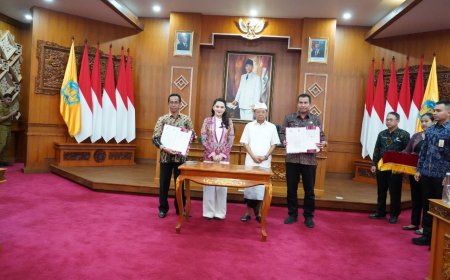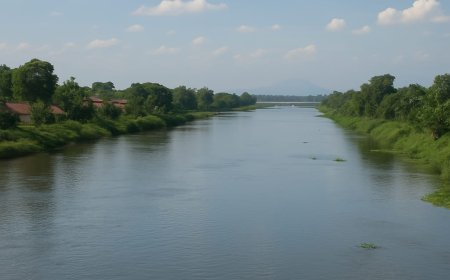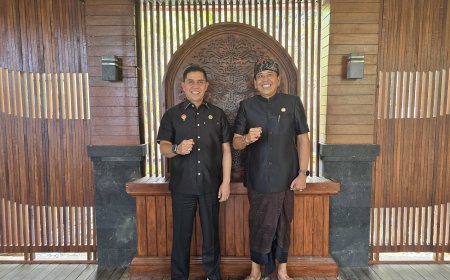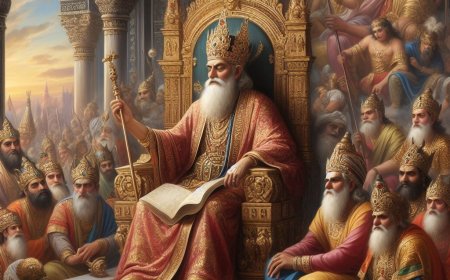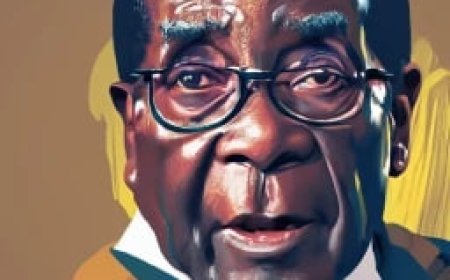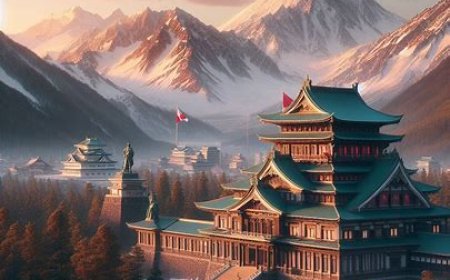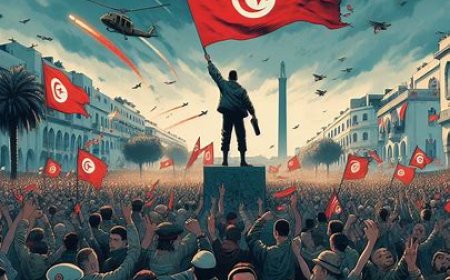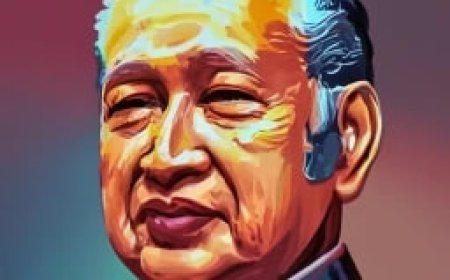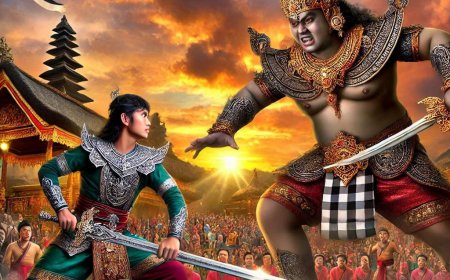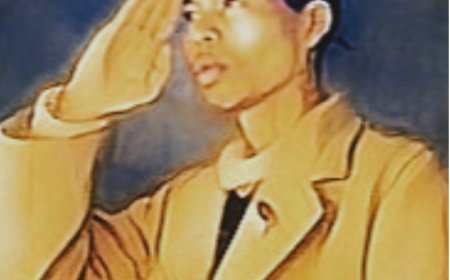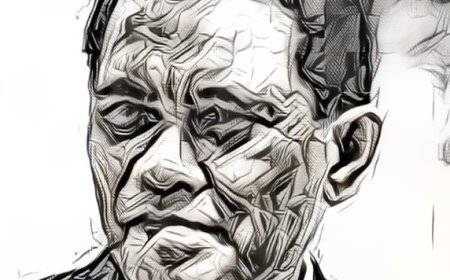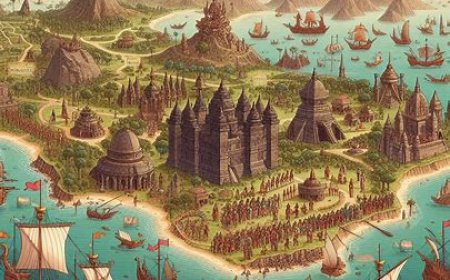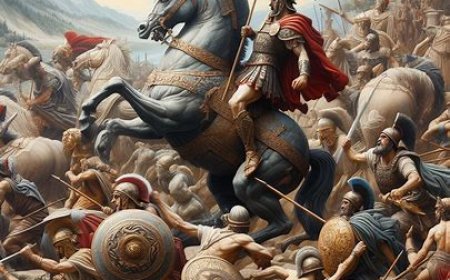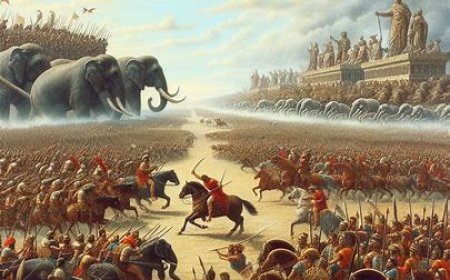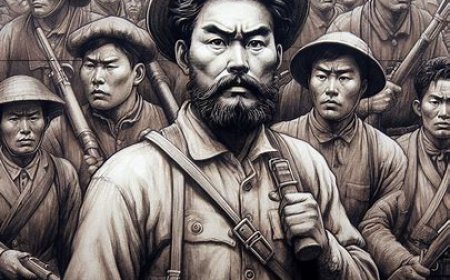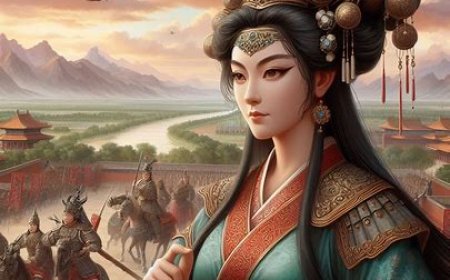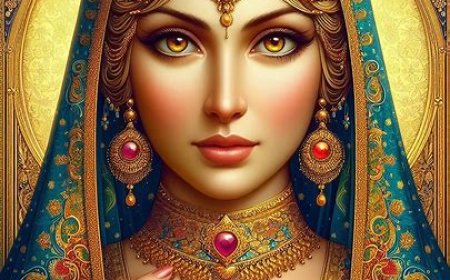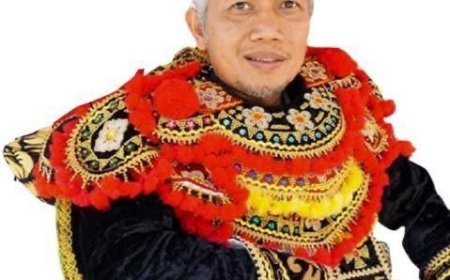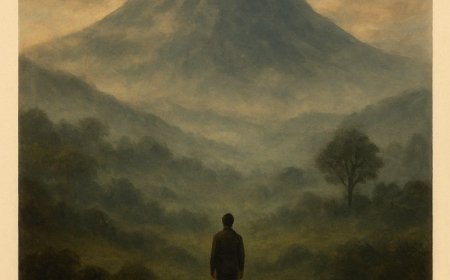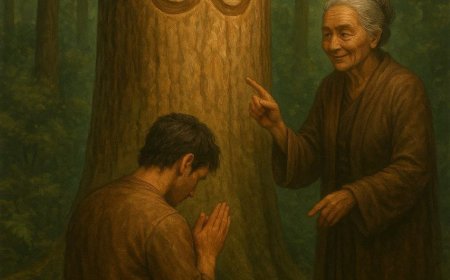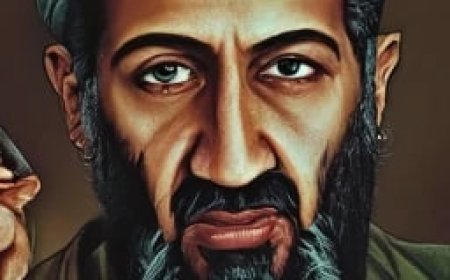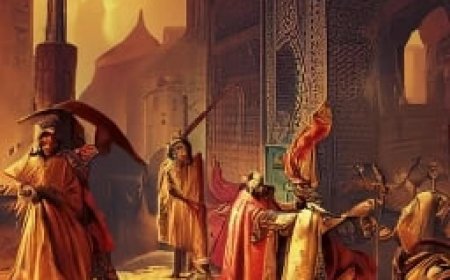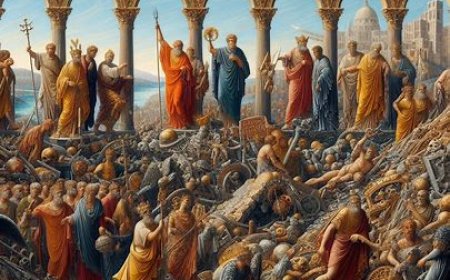Robert Mugabe and Constitutional Controversies
Controversies over constitutional changes during Mugabe's era reflect his efforts to consolidate and maintain power by using the legal framework as a political tool. These actions caused political instability and tensions in Zimbabwe, with some of them continuing to have long-term impacts on the country.
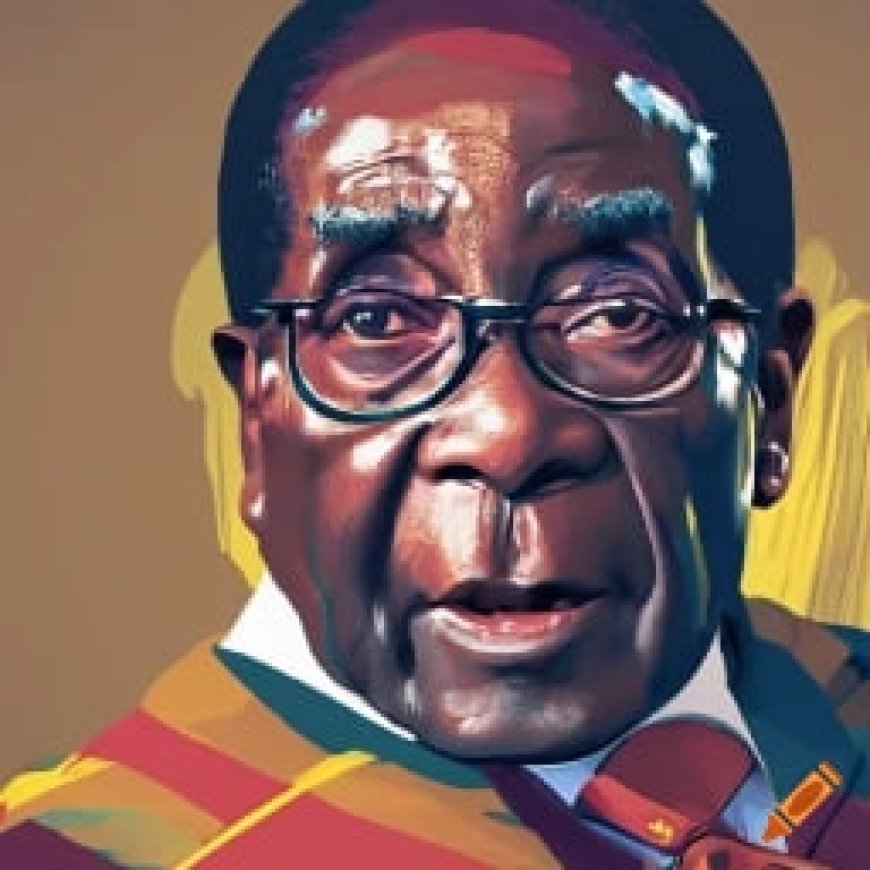
Robert Mugabe, born on February 21, 1924, in Kutama, Southern Rhodesia (now Zimbabwe), was a political figure who played a central role in the country's history. Involved in the struggle against racial segregation in Rhodesia, Mugabe led the Zimbabwe African National Union (ZANU) and participated in guerrilla warfare. After the agreement at Lancaster House in London in 1980, Zimbabwe gained independence, and Mugabe became the prime minister before later serving as the president since 1987. His leadership for almost four decades was marked by controversial land reform programs, leading to economic crises and racial tensions. Mugabe was accused of election manipulation and human rights violations, and his resignation in November 2017, under political pressure and military intervention, marked the end of his long and controversial leadership. Despite being respected as a freedom fighter, Mugabe's legacy created complexity, with achievements in the struggle for independence balanced by criticisms of authoritarian leadership and actions detrimental to the country's economy.
Controversies surrounding constitutional changes in the era of Robert Mugabe occurred throughout his long leadership in Zimbabwe. Here are some moments and aspects of controversy related to constitutional changes under his government:
1. Merger of Presidential and Prime Ministerial Positions (1987):
In 1987, Mugabe pushed for constitutional changes that merged the positions of President and Prime Minister. Previously, these roles were held by different individuals. This move granted Mugabe greater executive power and removed the presidential term limit, which was previously restricted to two terms.
2. Land Reform Program (2000)
Although not a direct constitutional change, Mugabe's land reform program in 2000 created significant controversy. Lands owned by white farmers were seized and redistributed to black farmers. This led to legal and economic uncertainties, as well as racial tensions and internal conflicts.
3. Attempted Constitutional Amendments (2000)
In 2000, Mugabe attempted to amend the constitution by proposing significant changes. The proposals included granting additional powers to the president and restricting land ownership for foreigners. Although the proposed referendum was rejected by the majority of voters, it demonstrated Mugabe's ambition to gain more control.
4. Attempted Constitutional Amendments (2008)
In 2008, Mugabe again tried to change the constitution to consolidate his power. The proposed changes included limiting citizens' rights and giving the president greater power in forming the government. However, the proposed referendum failed, indicating that not everyone supported the ambitious changes.
5. Election Manipulation and Impeachment of Morgan Tsvangirai (2008)
During the 2008 election crisis, Mugabe engaged in controversial tactics to ensure his victory. He forced his political opponent, Morgan Tsvangirai, to participate in the second round of elections, even though Tsvangirai withdrew. This created uncertainty and controversy amid allegations of election manipulation.
Controversies over constitutional changes during Mugabe's era reflect his efforts to consolidate and maintain power by using the legal framework as a political tool. These actions caused political instability and tensions in Zimbabwe, with some of them continuing to have long-term impacts on the country.
Robert Mugabe's legacy is considered a complex and controversial subject of debate. Some points often acknowledged as his best legacy include:
1. Freedom Fighter
Mugabe played a crucial role in the struggle against the racial segregation regime in Rhodesia, which later became Zimbabwe.
As one of the key leaders of the Zimbabwe African National Union (ZANU), Mugabe helped secure independence for the country.
2. Suppression of White Oppression
Mugabe's land reform program, despite its controversy, ended the era of white oppression and eliminated unequal land ownership.
3. Education and Healthcare
During the early years of his leadership, Mugabe paid attention to the education and health sectors, improving the public's access to these services.
4. Critique of Western Imperialism
Mugabe often criticized Western imperialism and intervention in African countries, portraying himself as a freedom fighter and anti-colonial leader.
However, Mugabe's legacy is also tainted by controversy and sharp criticism, including:
1. Human Rights Violations: His government was accused of human rights violations, including political violence and election manipulation.
2. Economic Crisis and Famine: Ineffective economic policies, including the forced land reform program, led to a serious economic crisis and famine in Zimbabwe.
3. Authoritarian Leadership: Mugabe is seen as an authoritarian leader who suppressed political opposition and controlled the media.
4. Corruption and Personal Wealth: There were allegations of corruption involving Mugabe and his close associates, while the country faced economic difficulties.
5. Controversial Resignation
Mugabe's resignation in 2017, under political pressure and military intervention, marked the end of his controversial leadership.
With achievements mixed with failures and controversies, Robert Mugabe's legacy reflects the complexity of political and social dynamics that influenced Zimbabwe for several decades.
(source: chatgpt)
What's Your Reaction?








